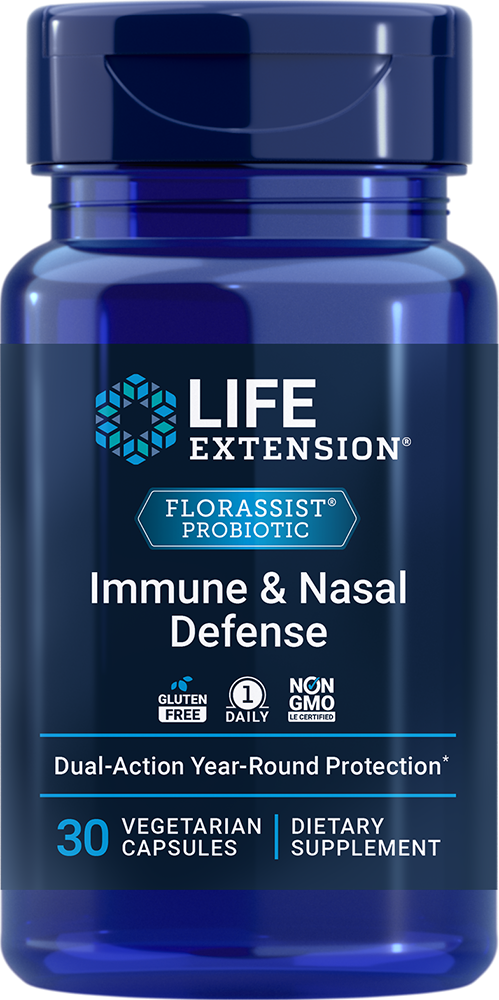
Newsletter
Newsletter
Four years of supplementation with CoQ10 and selenium equals lower cardiovascular mortality risk during 12 years of follow-up



May 8, 2018
A report appearing on April 11, 2018 in the journal PLOS One provides a new update of a trial initiated in 2003 which evaluated the effects of 4 years of supplementation with selenium and coenzyme Q10 (CoQ10) among older men and women. The current study revealed that participants who received the nutrients continued to have a lower risk of dying from cardiovascular disease after a total of 12 years of follow-up.
In the original study, 443 healthy Swedish subjects whose ages averaged 78 years upon enrollment received a placebo or 200 milligrams CoQ10 plus 200 micrograms selenium daily for 48 months. During an average period of 5.2 years, participants who received CoQ10 and selenium experienced less than half the risk of cardiovascular mortality than those who received a placebo, as well as better cardiac function and significantly lower levels of the cardiac biomarker N-terminal proBNP. This was followed by a study published in December 2015, which documented a similarly reduced risk of cardiovascular mortality among those who received CoQ10 and selenium during the decade that followed the introduction of the supplements.
The latest investigation found that, even after 12 years, the risk of dying from cardiovascular disease was still lower among those who received CoQ10 and selenium in the original 4-year study. At the end of the follow-up period, the risk of cardiovascular mortality was 41% less among supplemented subjects than the placebo group. The supplements’ protective effects persisted in subgroups of patients with diabetes, hypertension, ischemic heart disease or impaired functional capacity. Mechanisms listed by the authors as responsible for CoQ10 and selenium’s benefits include effects on cardiac function, oxidative stress, fibrosis and inflammation.
"The results thus validate the results obtained in the 10-year evaluation," Urban Alehagen and colleagues remark. "Our results show a continual and significant reduction in cardiovascular mortality during the whole follow-up period of 12 years, which also included the eight-year period after termination of the intervention.
"The present follow-up revealed a reduced cardiovascular mortality risk of more than 40%, and a significant risk reduction in those with hypertension, ischemic heart disease, impaired cardiac function, and diabetes," they conclude.
"The fact that the incidences of cardiovascular as well as of other types of disease are higher in an elderly population compared to younger persons makes the obtained results of this 12-year follow-up even more intriguing."
 |
|
|||||||||||||||||
|
||||||||||||||||||
 |
|
||||||||||||||||||
|
|||||||||||||||||||
When taking charge of your health, "winging it" is not ideal. You'll need to carefully choose the right supplements to provide your body with only the best! Not sure what supplements are right for you? Don't go it alone … our Supplement Guide is here to help.
Our Supplement Guide is an interactive tool where you give simple, confidential answers to pertinent questions that focus on your overall health and current lifestyle. You'll be guided through the entire process and at the end have a personalized supplement regimen suggested to you via email. Our Supplement Guide is designed to help you steer your health in the right direction. Once you get started, you can always make adjustments to further optimize your nutritional supplement regimen. Visit our Supplement Guide today.
How Life Extension lab testing works
Connecting to Agent...
Chat Hours: Sun - Fri|11AM - 6PM (ET)
How was your experience with our Agent?